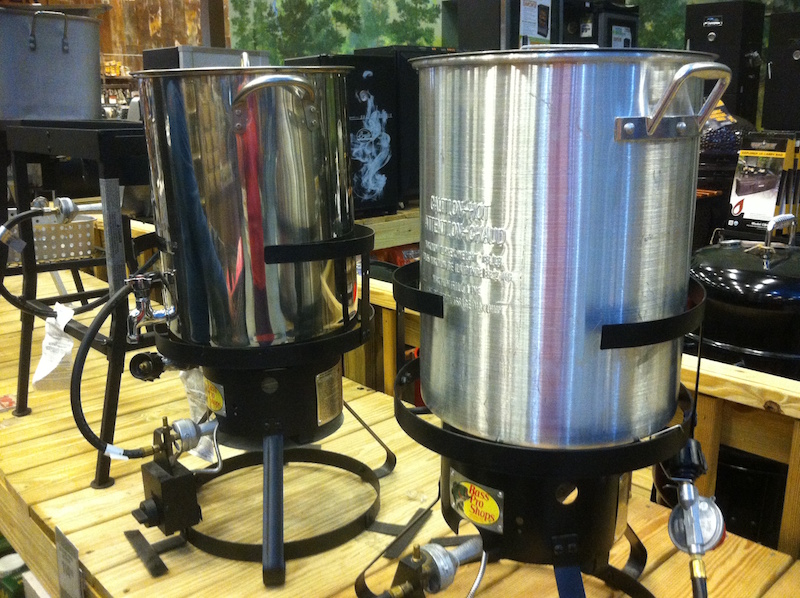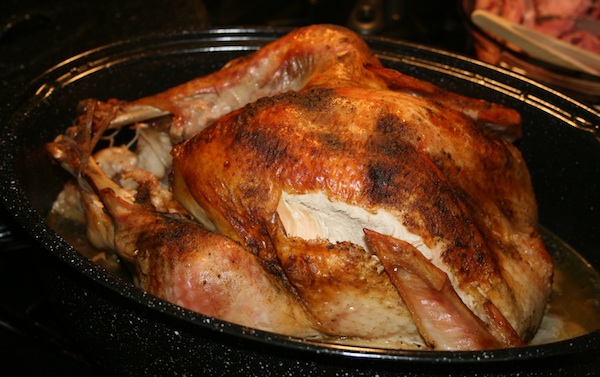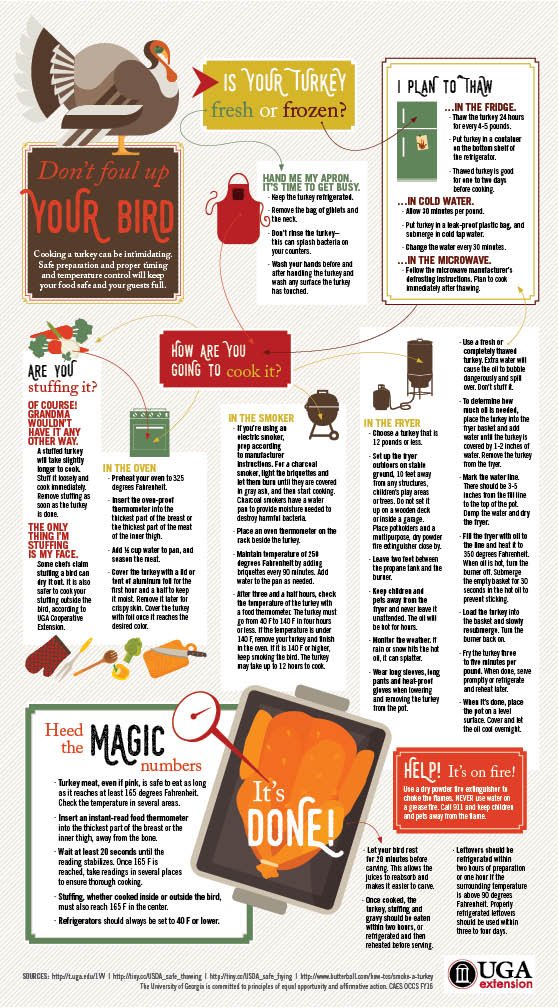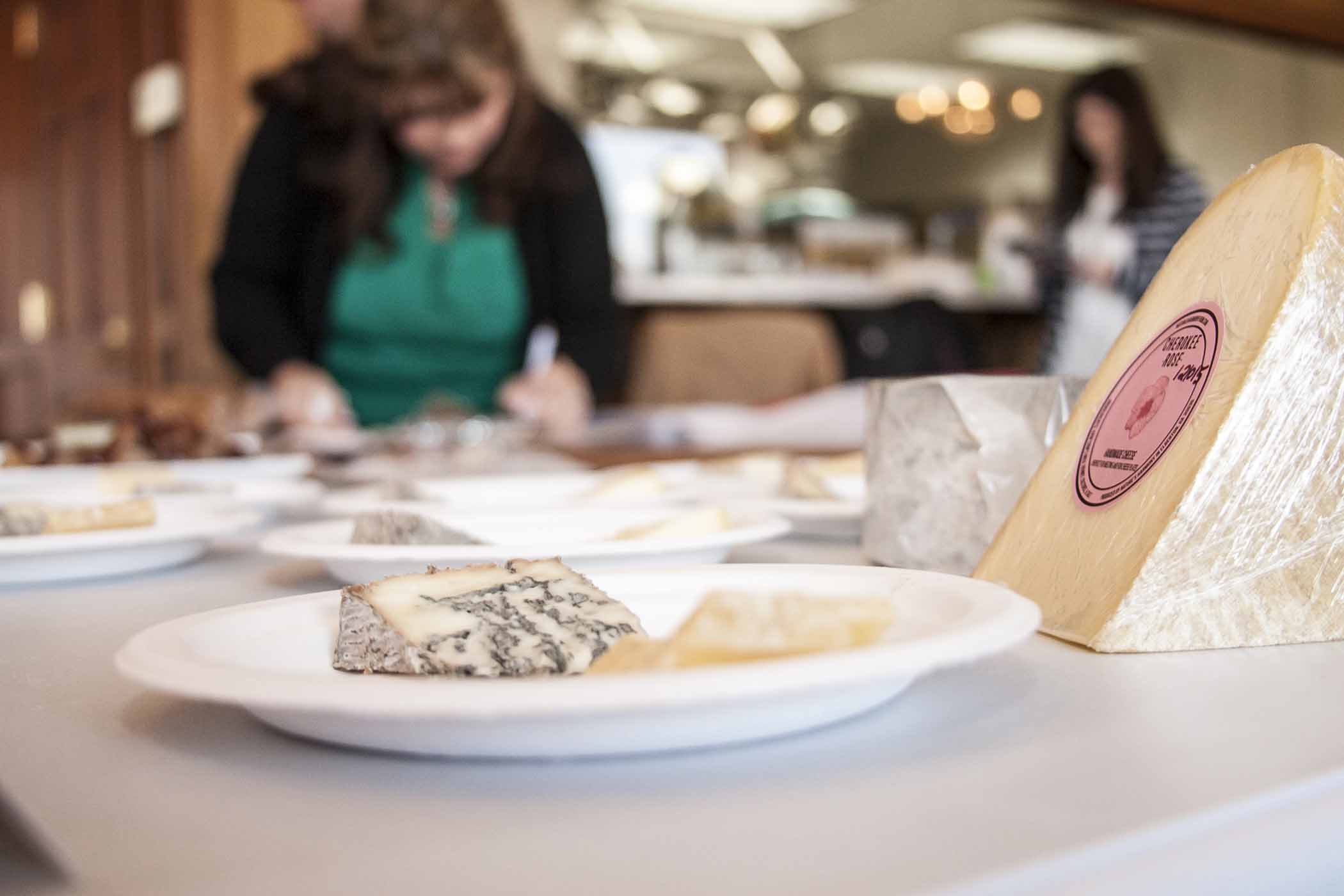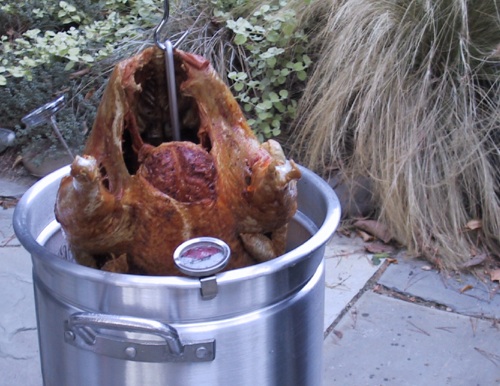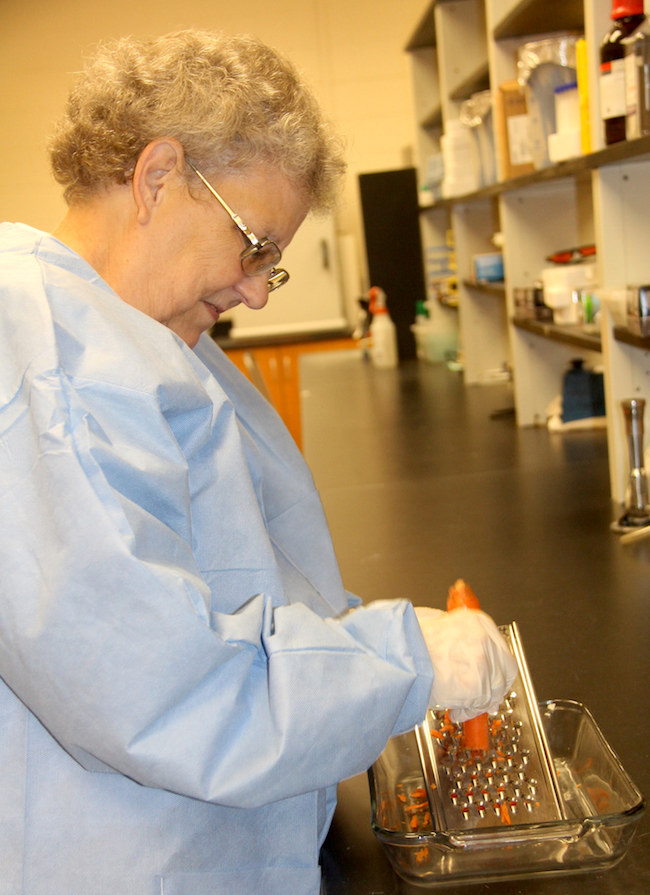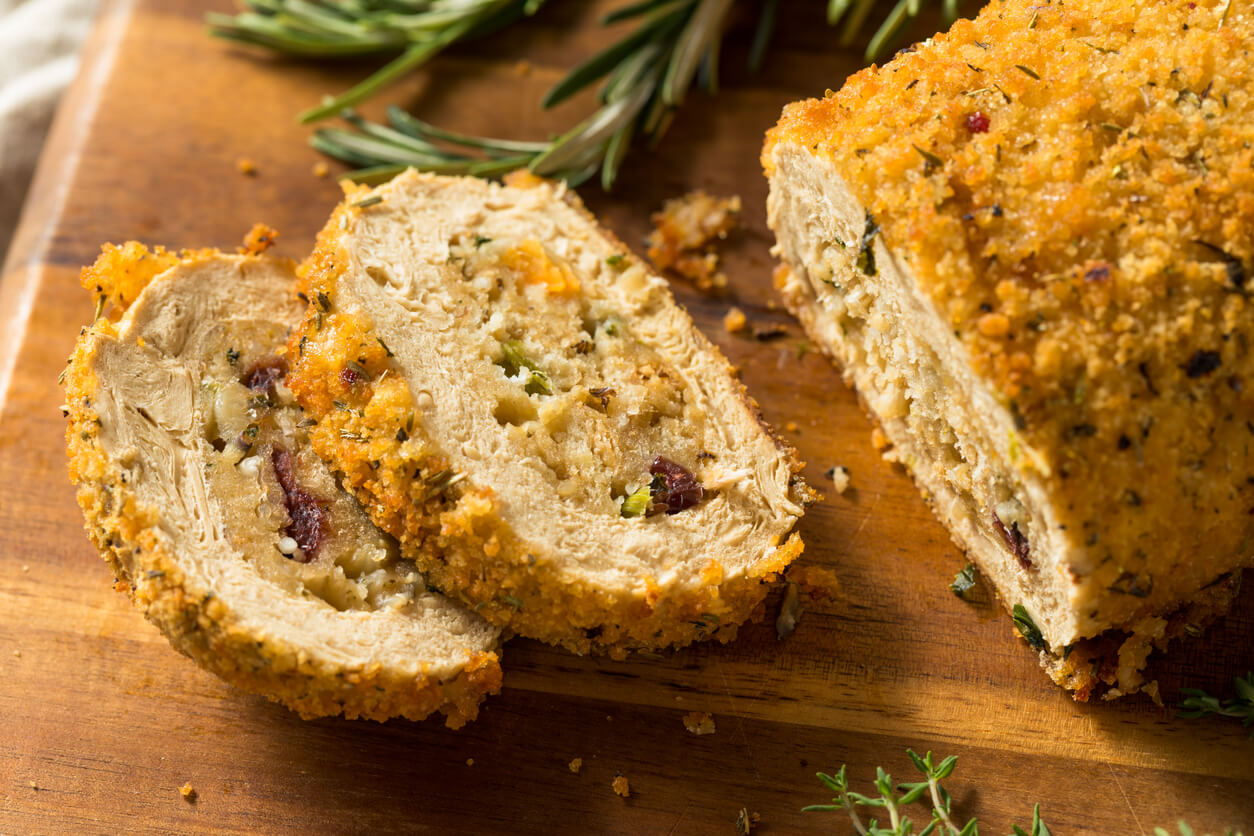 CAES News
CAES News
Tofurky and Alternative Proteins
Thanksgiving is the quintessential American holiday for food. On the fourth Thursday of November, people across the country sit down at the “good dining table” (or the broken folding table for the kids) and eat the same thing — copious amounts of turkey. Vegans and vegetarians may find this holiday to be a more difficult one. What can a person on a plant-based diet eat on Thanksgiving without missing out on the holiday fun?

.jpg)
